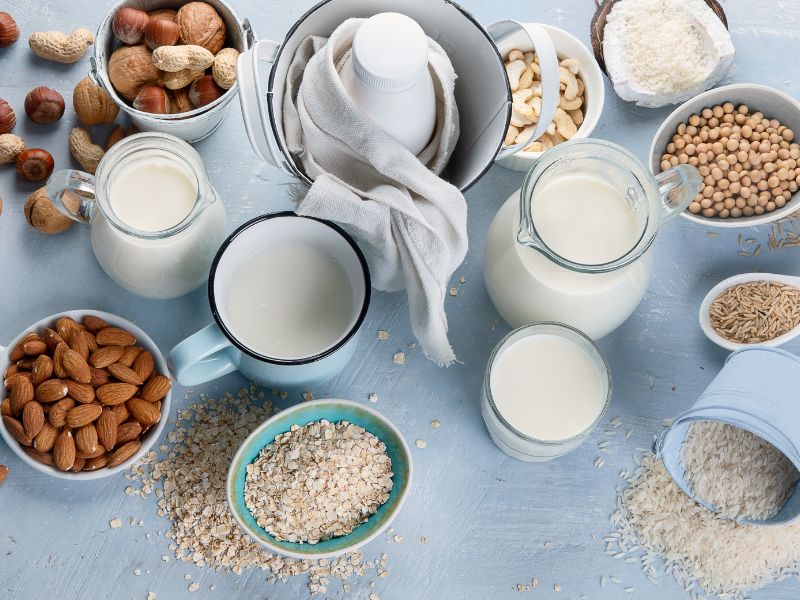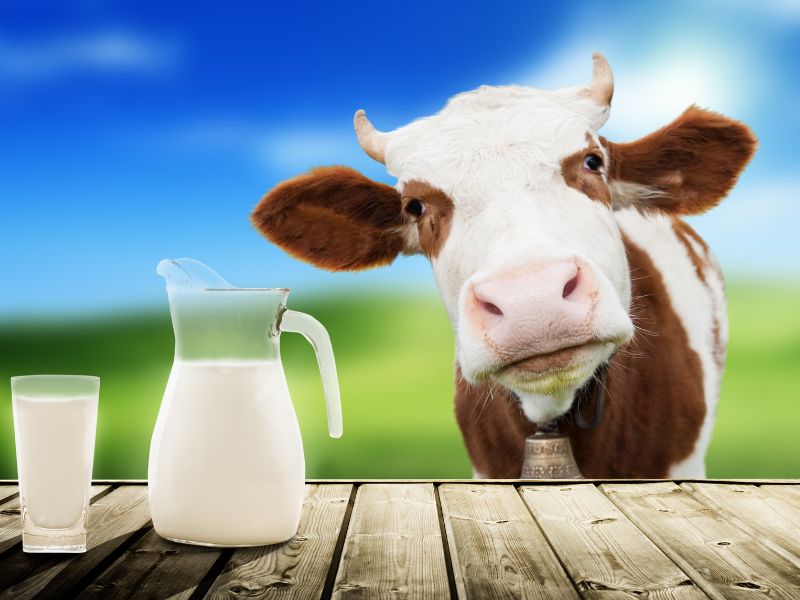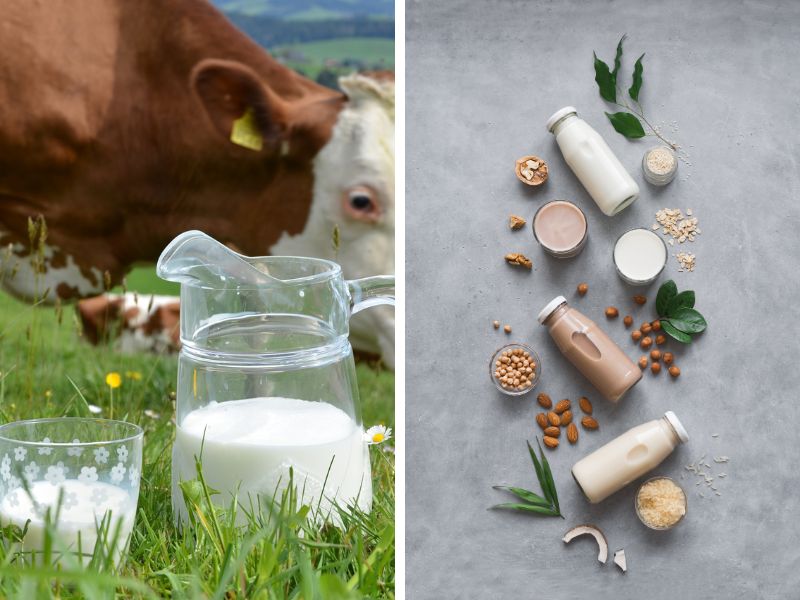Plant-based milk has surged in popularity, providing numerous options for shoppers. However, recent research reveals that most plant-based milk may not match the nutrient content of cow’s milk. This disparity arises due to incomplete protein profiles, calcium fortification concerns, vitamin B12 deficiencies, and imbalanced healthy fats. As a plant-based milk consumer, it’s essential to be mindful of these differences and consider incorporating other nutrient-rich foods into your diet to maintain a well-rounded nutritional intake. Stay informed and make informed choices about your plant-based milk habit as the market evolves.

Canva. com
Study Reveals Discrepancies
The University of Minnesota researchers presented a study at the Nutrition 2023 conference by the American Society for Nutrition. It revealed that only a tiny number of plant-based milk matches cow’s milk’s nutritional value.
Key Findings Unveiled
The study analyzed 237 milk alternatives – almond, rice, oat, pea, and soy milk. Only 12% matched or exceeded cow’s milk in calcium, vitamin D, and protein. One hundred seventy milk fortified to match cow’s milk. 16% had protein equal to or greater than cow’s milk. Soy and pea milk are the highest in protein. Not a direct cow’s milk substitute.

Canva. com
Expert Opinions
Nutritionists acknowledge the unsurprising findings. Gina Keatley, co-owner of Keatley Medical Nutrition Therapy, points out that plant-based milk can’t match the natural nutrition of animal milk. Registered dietitian Jessica Cording agrees, noting the need for additional nutrients in plant-based milk. Checking labels is crucial due to added ingredients for taste and texture. Unlike cow’s milk, plant-based milks vary in nutrient levels, but they still serve as a suitable option for those with lactose intolerance.
Importance Of The Study
Not all plant-based milks match cow’s milk’s nutrition. Check labels for added calcium and vitamin D. Pea milk has comparable protein. Aim for about 300mg calcium, 100 IU vitamin D, and 8g protein per serving. Mind overall diet when using plant-based milk.
